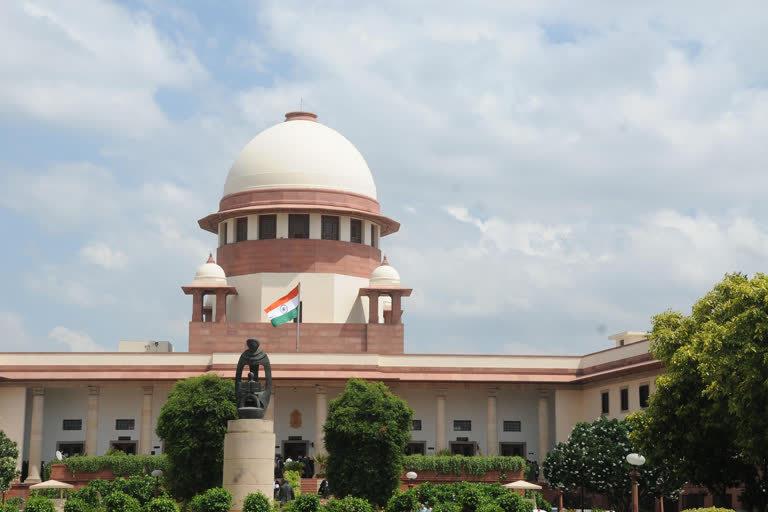New Delhi:The Supreme Court on Friday asked Solicitor General Tushar Mehta to convene a meeting of the Finance Ministry and RBI officials over the weekend to decide whether interest incurred on EMIs during the moratorium period can be charged by banks.
A bench comprising Justices Ashok Bhushan, Sanjay Kishan Kaul and M.R. Shah queried Mehta as the court was concerned since the Centre has deferred loan for three months.
"Then how can interest of these 3 months be added?" the apex bench asked. Mehta replied: "I need to sit down with the RBI officials and have a meeting."
SBI's counsel, senior advocate Mukul Rohatgi, intervened during the proceedings and said "all banks are of the view that interest cannot be waived for a six month EMI moratorium period".
"We need to discuss it with the RBI," insisted Rohatgi.
Justice Bhushan then asked Mehta to convene a meeting of the RBI and Finance Ministry officials over the weekend, and listed the matter for further hearing on June 17.
Read more:RBI floats discussion paper on governance in banks
The top court, during the hearing, indicated that it was not considering a complete waiver of interest but was only concerned that postponement of interest shouldn't accrue further interest on it.
After the RBI said the waiver of interest charges on EMIs during moratorium will lead to loss of 1 per cent of the nation's GDP, the top court had earlier asked the Finance Ministry to reply, whether the interest could be waived or it would continue during the moratorium period.
The top court said these are not normal times, and it is a serious issue, as on one hand moratorium is granted and then, the interest is charged on loans during this period.
"There are two issues in this (matter). No interest during the moratorium period and no interest on interest," said Justice Bhushan. The observation from the bench came on a petition by Gajendra Sharma, in which he sought a direction to declare portion of the RBI's March 27 notification as ultra vires to the extent it charged interest on the loan amount during the moratorium period.
(IANS Report)
